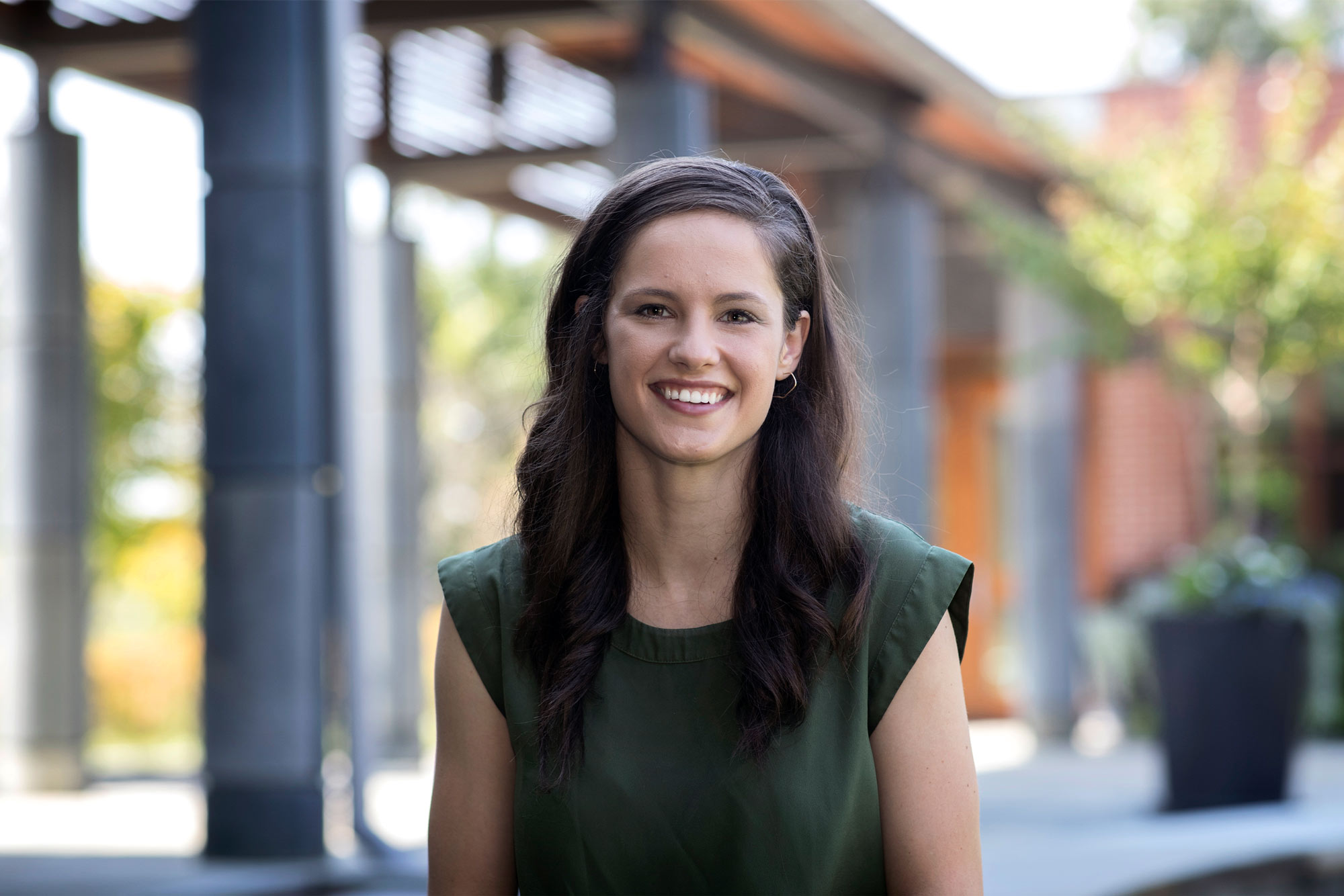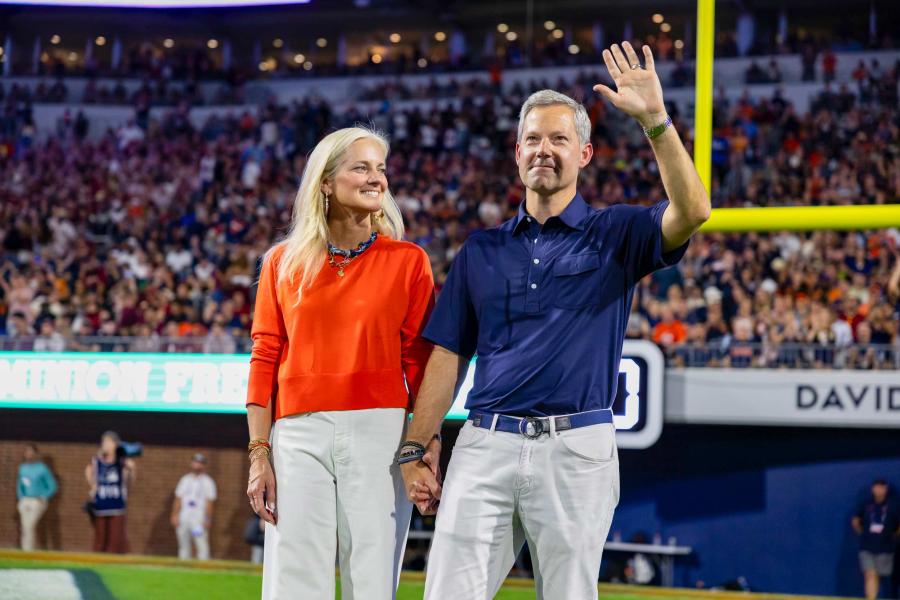“There were eight of us that were selected from around the country to go to rural South Africa and do research with the University of Venda,” Hill said. “It was such a good experience. I asked, ‘Are you taking Ph.D. students?’ Because of that, I applied to UVA and spent the next five years working with that project.”
Hill was also a co-founder of the Science Policy Initiative at UVA, an organization that encourages science and engineering students to be more involved in science policy.
She gained in-person experience teaching English at the Changwon Science High School in South Korea on a Fulbright Scholarship. Hill is most comfortable at the intersection of international science and politics and sees science as a way of bringing adversaries together.
“There was a string of experiences in international science collaboration, and I realized through that how powerful that is,” she said. “Two countries that are at war and science is the only interface; those countries will come together because everyone wants to cure cancer, no matter what your politics are. And seeing the power in that really got me interested in international science and using science as a tool of international diplomacy and peacekeeping.”
Hill is thrilled at the prospect of being with scientists from disparate cultures brought together through scientific research.
“I got to do that a lot during grad school and other experiences,” Hill said. “Right now, my job is about 90% domestic focus and 10% foreign, so it has been a minute since I have been able to be in that room and I am really excited to be able to do that again.”
Once the fellowship is done, Hill hopes to stay with the State Department or another federal agency.
“During the fellowship, I hope to make meaningful connections. This is my dream job, so if I can keep working in this area, that would be wonderful,” she said.





